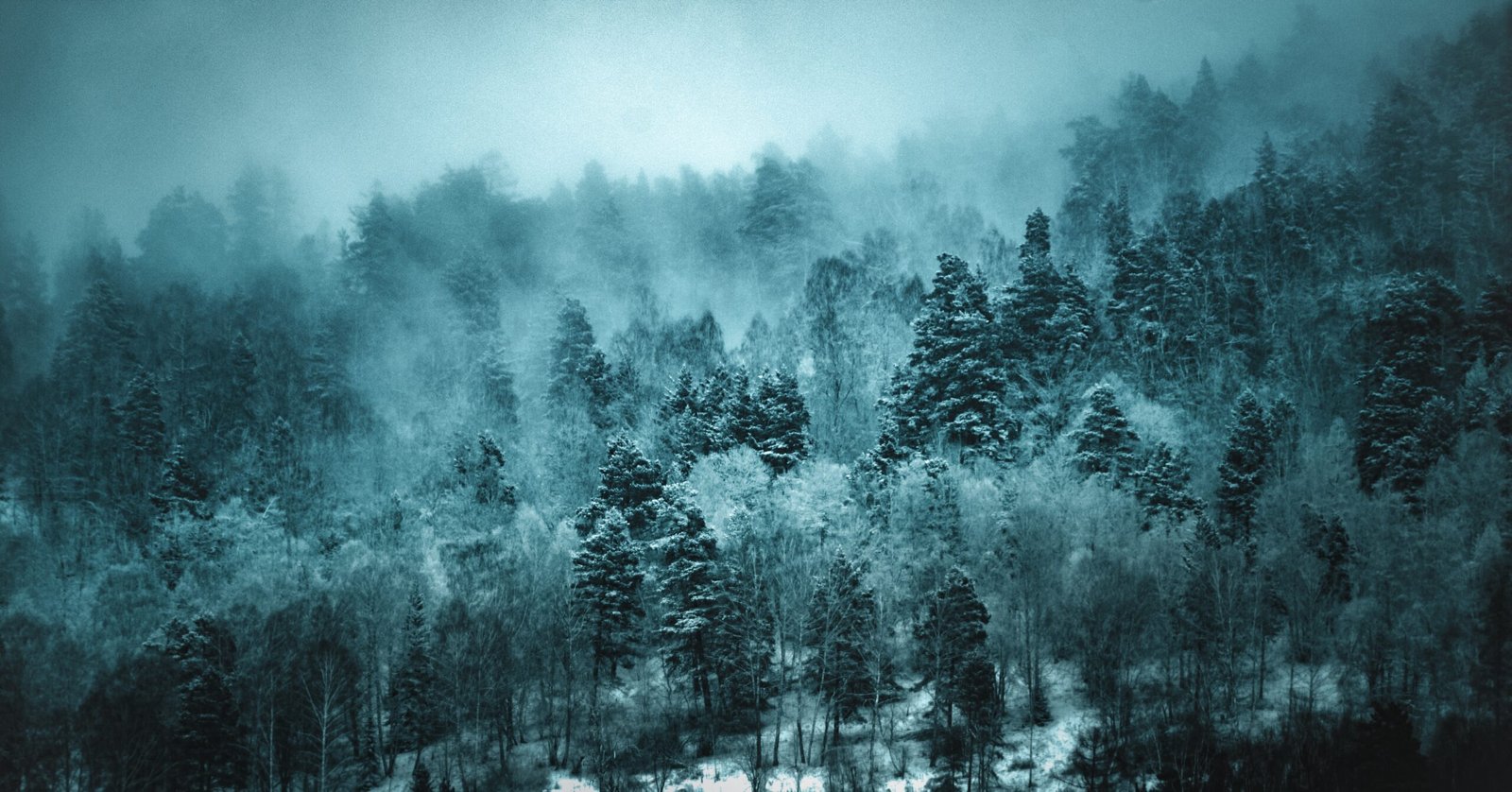Siberia, the vast region in Russia, is known for its extreme weather conditions, breathtaking landscapes, and unique cultural heritage. Here are some fascinating facts about Siberia that will give you a deeper understanding of this fascinating part of the world.
The Land of Superlatives
Siberia is a land of superlatives. It is home to Lake Baikal, the deepest lake in the world and the largest freshwater lake by volume. With its crystal-clear waters and diverse wildlife, Lake Baikal is a UNESCO World Heritage Site and a must-visit destination for nature lovers.
Another notable feature of Siberia is the Lena River, one of the longest rivers in the world. Flowing through vast stretches of untouched wilderness, the Lena River offers breathtaking views and is a popular destination for river cruises.
Extreme Weather Conditions
Siberia is infamous for its extreme weather conditions. In winter, temperatures can drop to -50 degrees Celsius (-58 degrees Fahrenheit) in some areas, making it one of the coldest inhabited places on Earth. On the other hand, summers can be surprisingly hot, with temperatures reaching 30 degrees Celsius (86 degrees Fahrenheit) or higher.
These extreme weather conditions have shaped the lifestyle and culture of the people living in Siberia. From traditional clothing to unique culinary traditions, Siberians have adapted to the harsh environment and have developed a strong sense of resilience.
Diverse Wildlife
Siberia is a haven for wildlife enthusiasts. Its vast and untouched wilderness is home to a wide range of animal species, including the Siberian tiger, the world’s largest cat species. Other notable wildlife includes the Amur leopard, the Siberian musk deer, and the snow leopard.
The region is also known for its birdwatching opportunities. Siberia is a crucial stopover for migratory birds, making it a paradise for bird lovers. The wetlands and forests of Siberia provide a habitat for various bird species, including cranes, swans, and eagles.
Rich Cultural Heritage
Siberia has a rich cultural heritage that reflects the diverse ethnic groups that call this region home. Indigenous communities, such as the Yakuts, Evenks, and Buryats, have preserved their unique traditions and way of life for centuries.
One of the most fascinating aspects of Siberian culture is shamanism. Shamanism is a spiritual practice that involves connecting with the spirit world through rituals and ceremonies. Many Siberian indigenous communities still practice shamanism, and it plays a significant role in their cultural identity.
The Trans-Siberian Railway
No discussion about Siberia would be complete without mentioning the Trans-Siberian Railway. Spanning over 9,000 kilometers (5,600 miles), it is the longest railway line in the world and connects Moscow with Vladivostok, passing through the heart of Siberia.
The Trans-Siberian Railway offers a unique way to experience the vastness and beauty of Siberia. Traveling on this iconic railway allows you to witness the ever-changing landscapes, from the rolling hills of the Ural Mountains to the endless Siberian taiga.
Conclusion
Siberia is a land of wonders, with its stunning natural landscapes, extreme weather conditions, diverse wildlife, and rich cultural heritage. Exploring this vast region will leave you with unforgettable memories and a deeper appreciation for the beauty and resilience of Siberia and its people.
